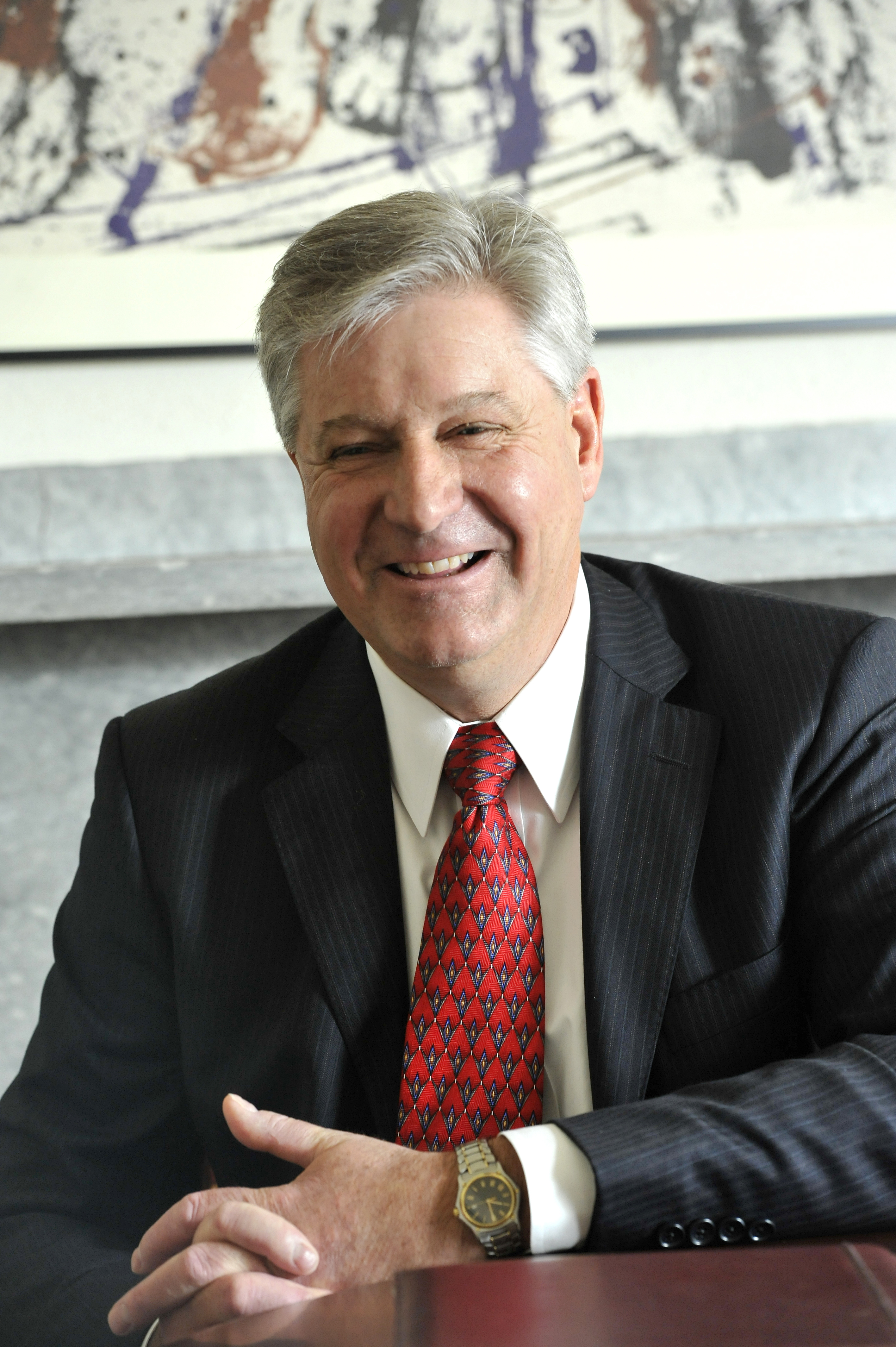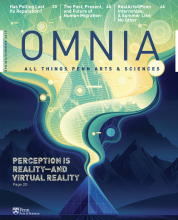Feeding Innovation's Source
I'm writing this message as we approach that time of year when we welcome alumni back to Penn to join their reunion classes. Most of the alumni I meet tell me how struck they are by the physical transformation of the campus. And while I agree that this transformation is spectacular, I am equally struck by the new people and programs that enrich all we do.
Among the new faces at Penn this year is former Vice President Joe Biden, who has joined us as the Benjamin Franklin Presidential Practice Professor, with appointments in Arts and Sciences and the Annenberg School, and a secondary affiliation in the Wharton School. He, along with former Commissioner and CEO of the Philadelphia Water Department Howard Neukrug, represent a new kind of faculty presence at the School—individuals who have a record of substantial accomplishment in their fields and who are working to enrich our academic endeavors with their professional expertise.
I’m also energized by the innovative ways in which our faculty are applying their knowledge and involving their students in projects designed to address societal challenges. Through a new Penn Arts and Sciences program that we call Making a Difference in Diverse Communities, we are funding five teams of faculty and students in multidisciplinary projects that combine coursework, research, and service in communities at the local, national, and international level. One of these projects will explore the future of rivers and coastal cities through faculty- and student-led research in Philadelphia and Mumbai—two cities where racial and class geography has been impacted by water and that could be further shaped by climate change.
We have also funded four additional projects as part of a new Dean’s Integrative Global Inquiries Fund. This fund was created to advance teaching and research projects that explore the complex cultural, social, political, and economic forces that shape peoples, nations, and regions, as well as their relations with one another. A project funded under this initiative, led by psychology’s Martha Farah, will examine whether the neurological impacts of childhood poverty that have been documented in the developed world have global applicability, and will further consider how the scientific knowledge on this topic may be applied to policy.
I am personally inspired by the creativity of these projects and their great potential to open up new horizons for our students while addressing critical issues, both close to home and around the world. They exemplify how essential the knowledge and tools of the liberal arts are to meaningful innovation.
These are just a few of the exciting people and programs that make up our vibrant Penn Arts and Sciences community. At the same time that we celebrate our progress, however, we view with concern proposals to dramatically reduce federal funding for research and financial aid. The U.S. has long enjoyed substantial economic and technological returns, thanks to the strong partnership that has existed between higher education and government. We hope to be able to sustain this strong partnership. But we know that we also need to think creatively about new ways of maintaining our long-term strength. In this environment, we are most grateful for the interest and support of all our alumni, friends, and partners.




